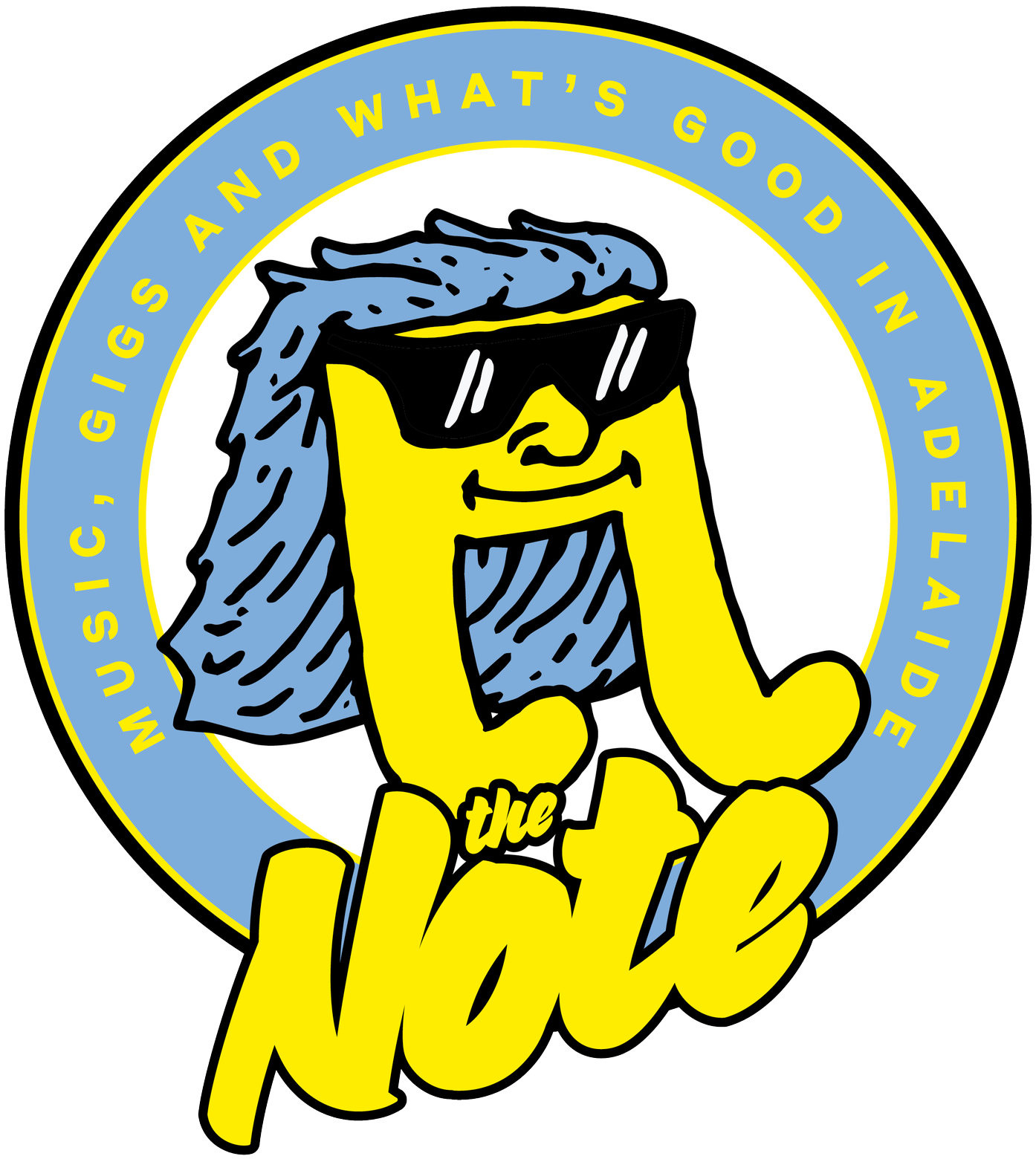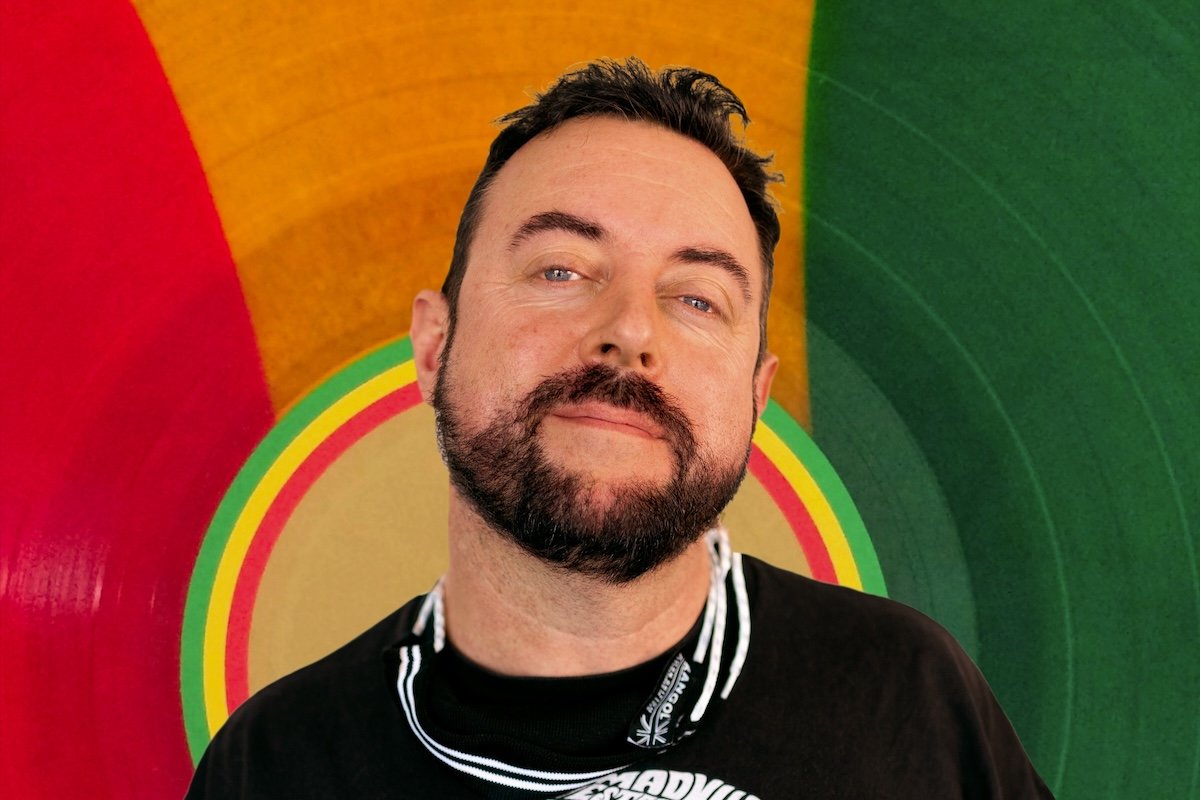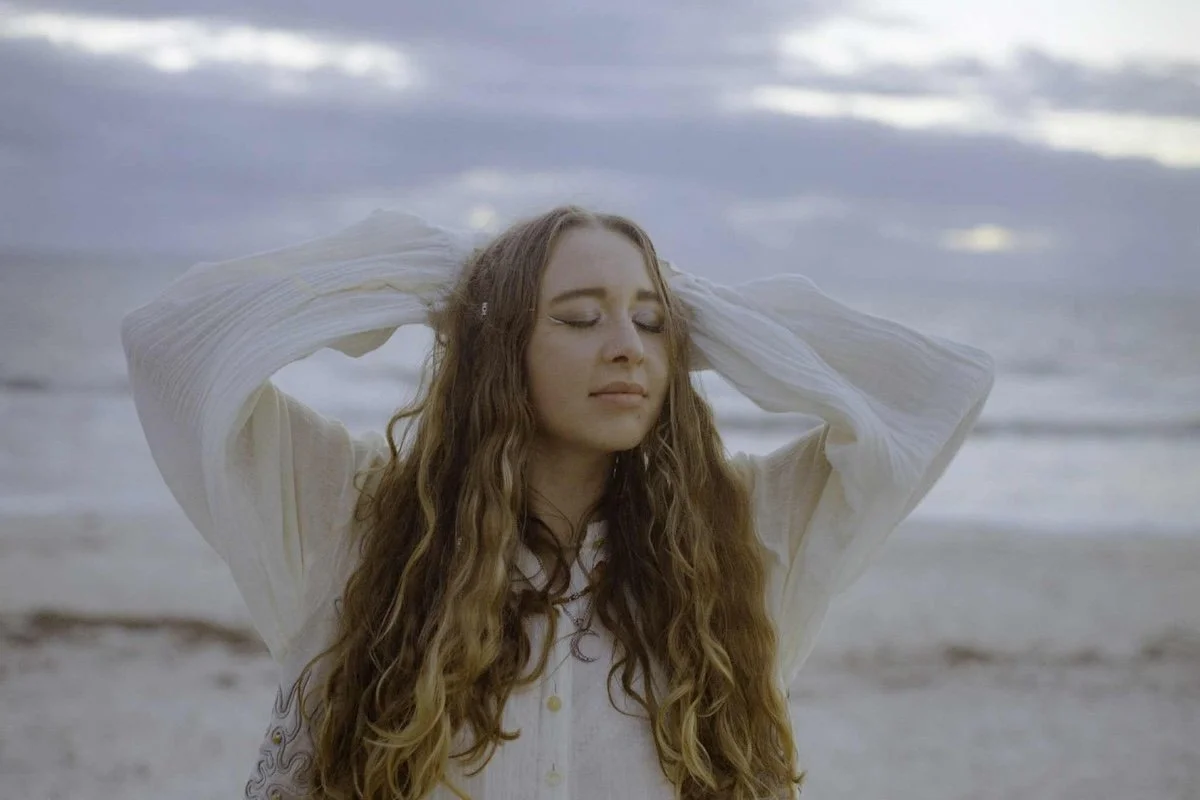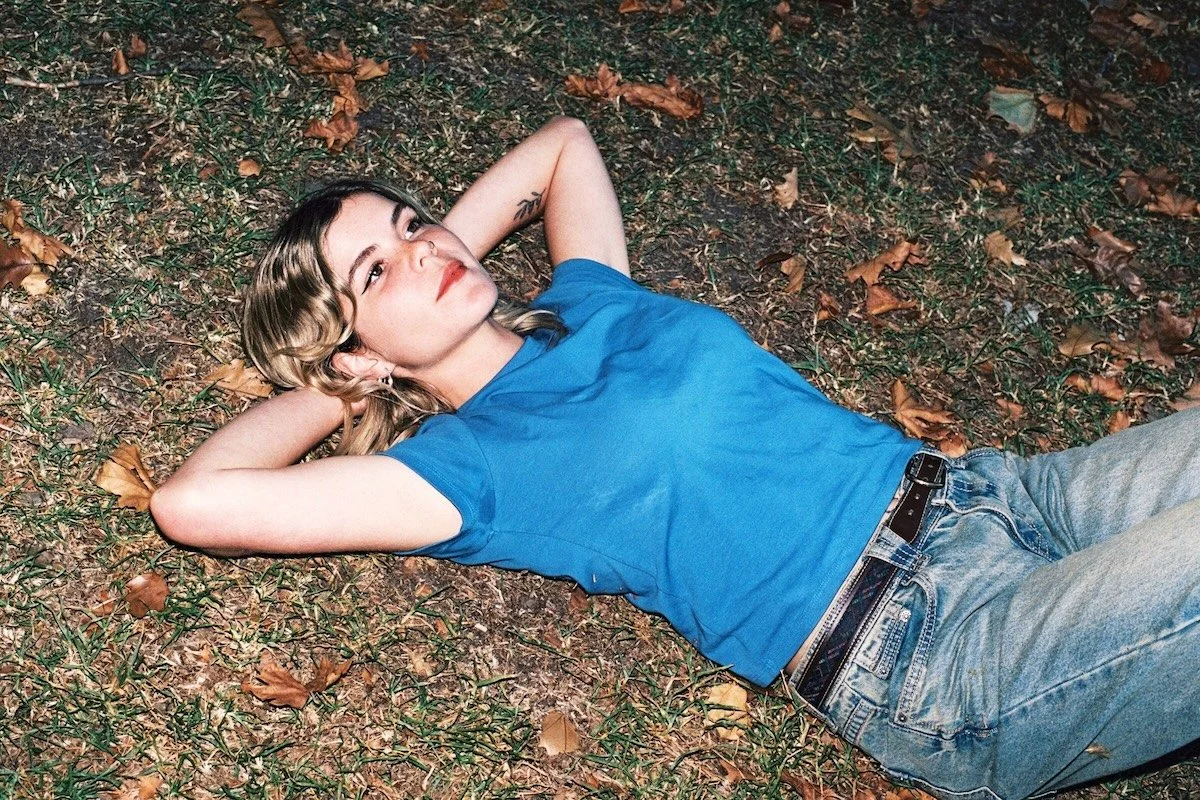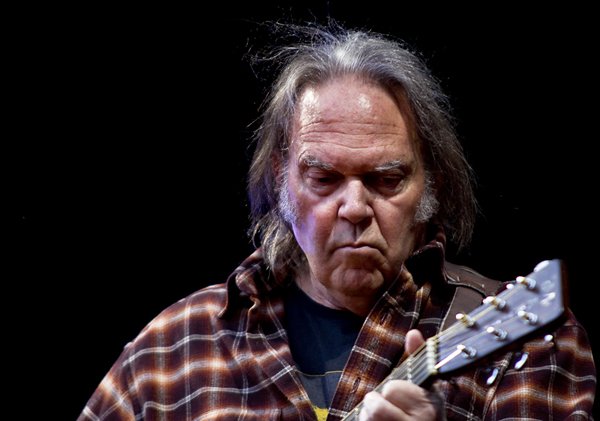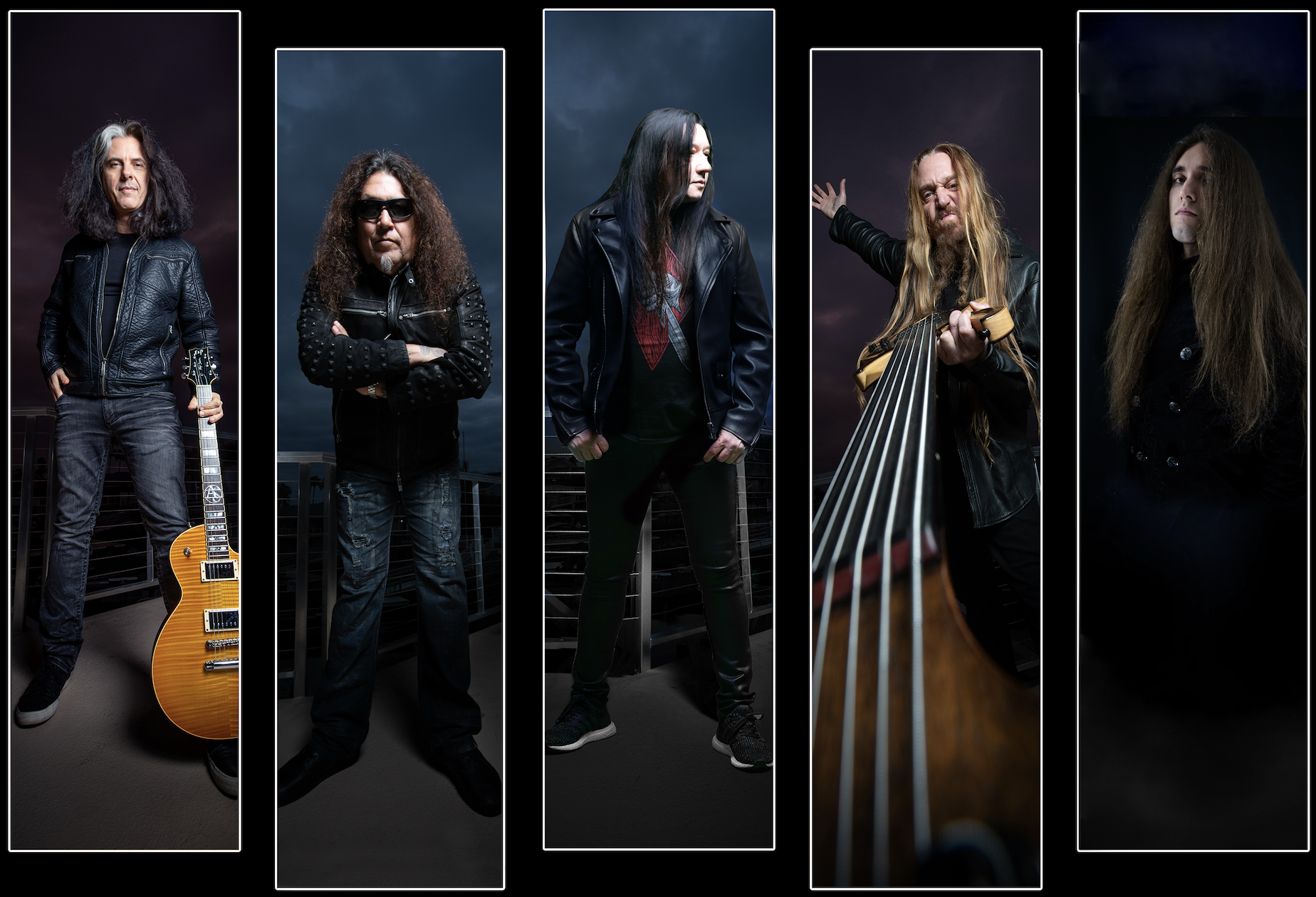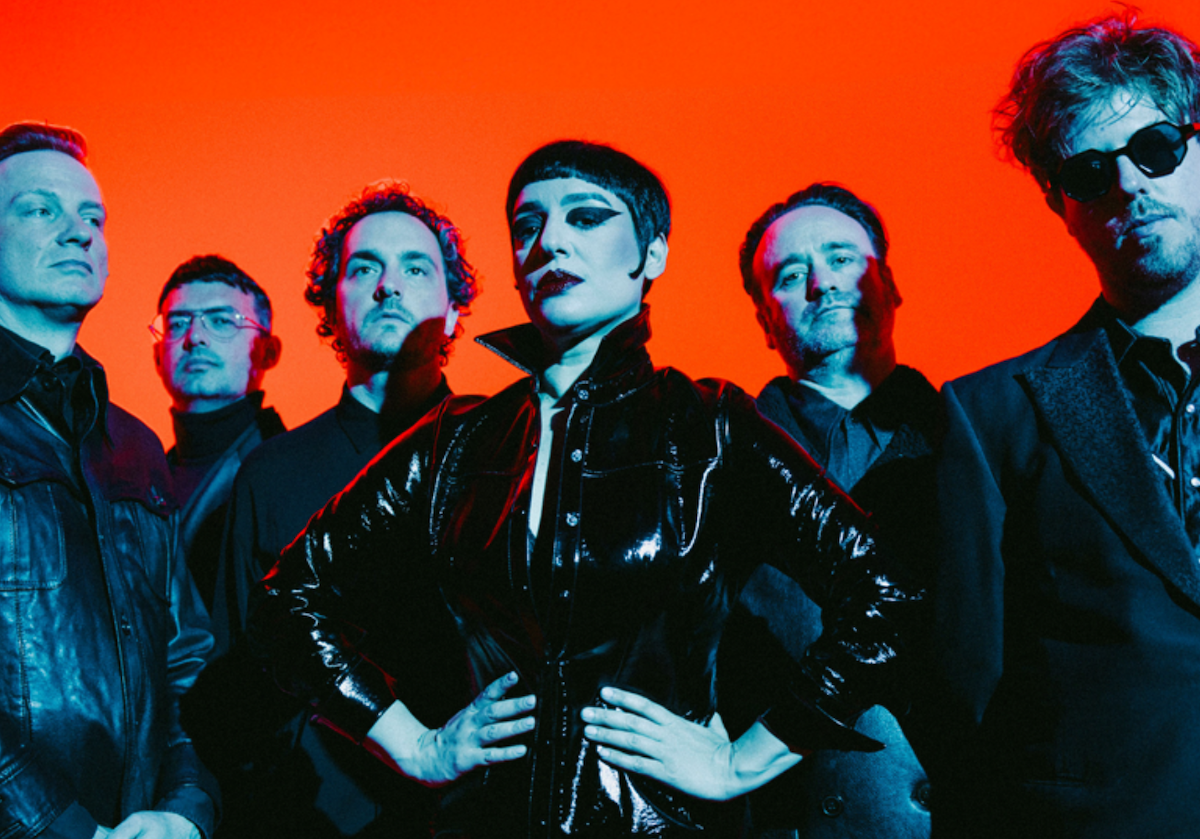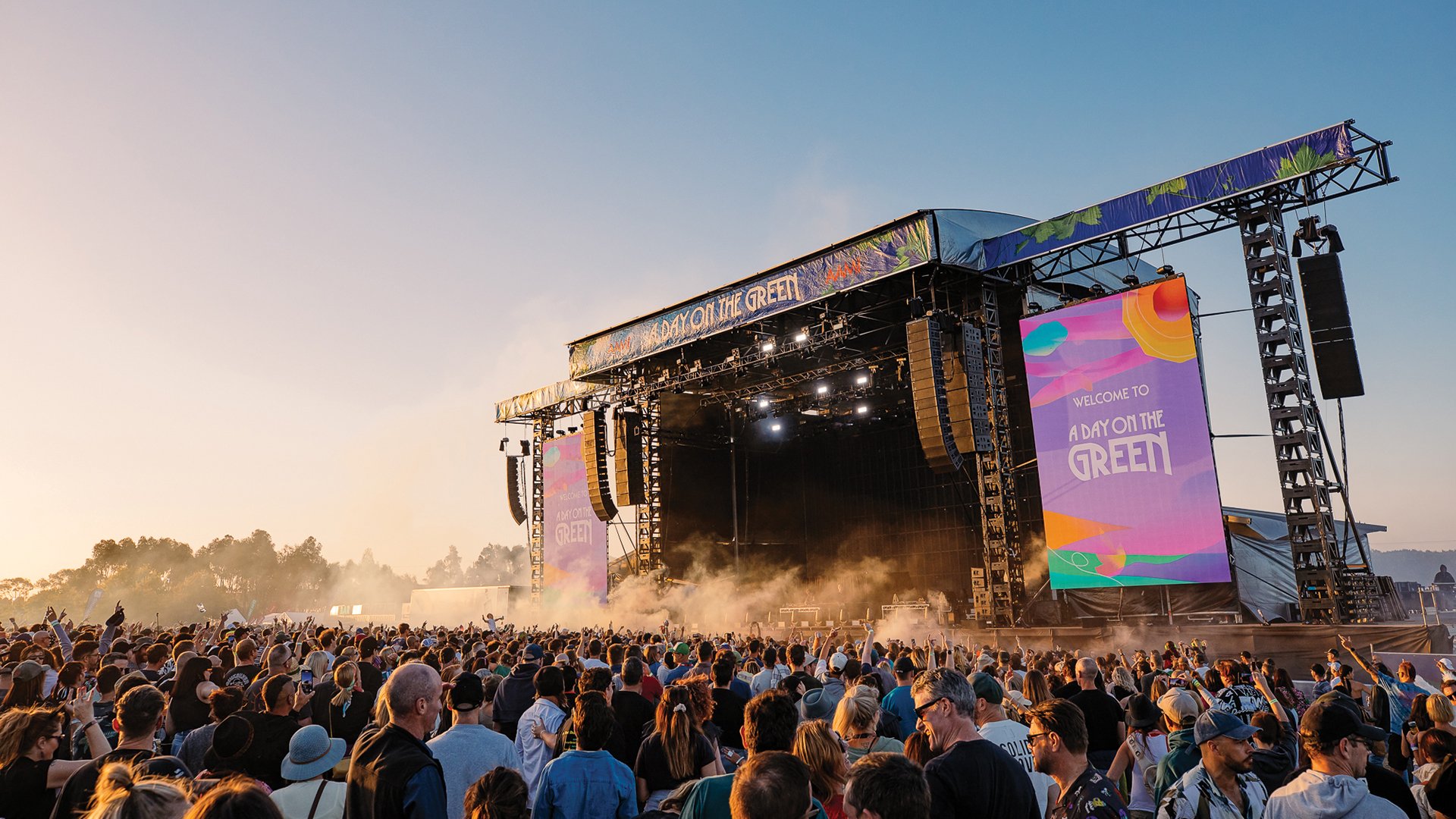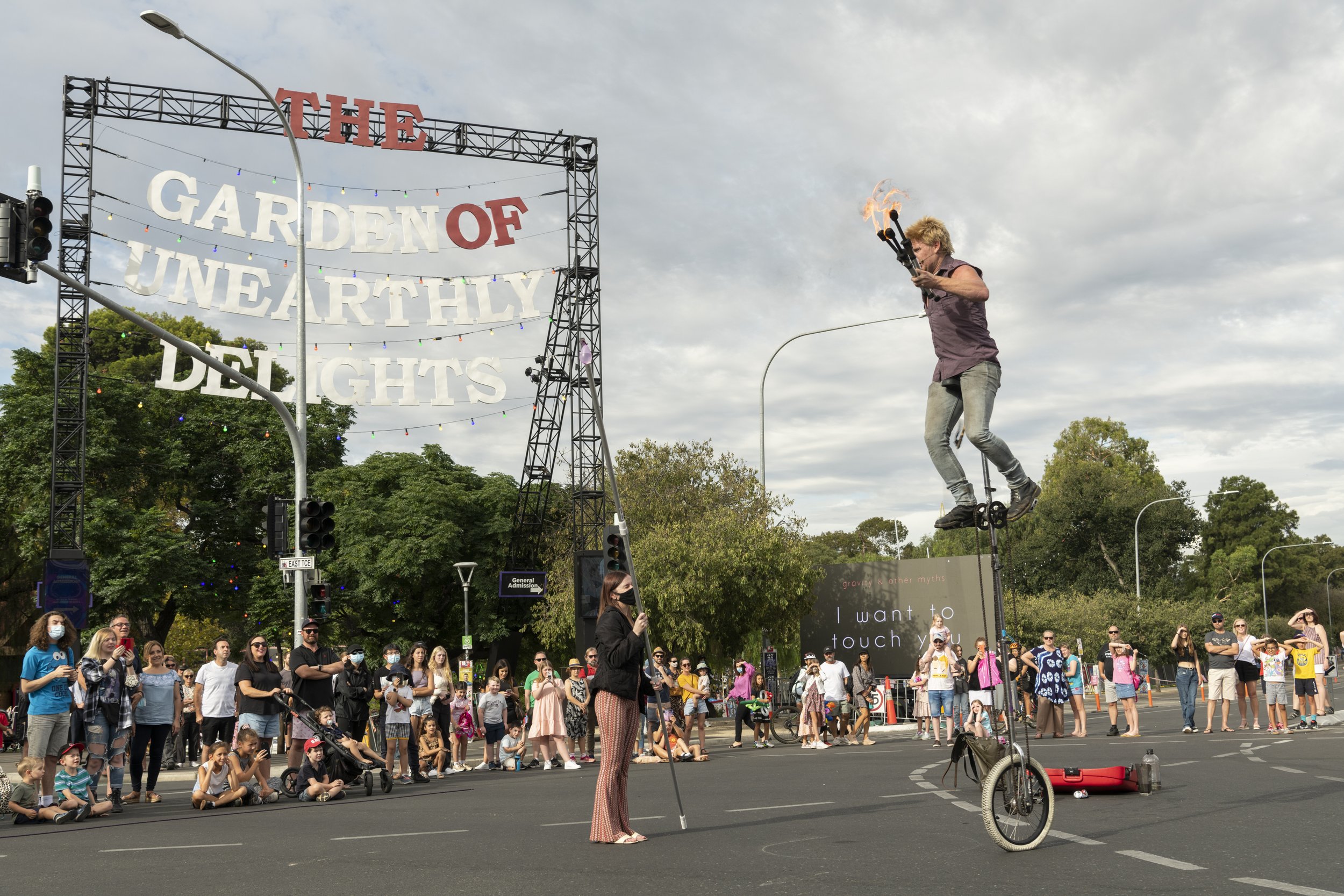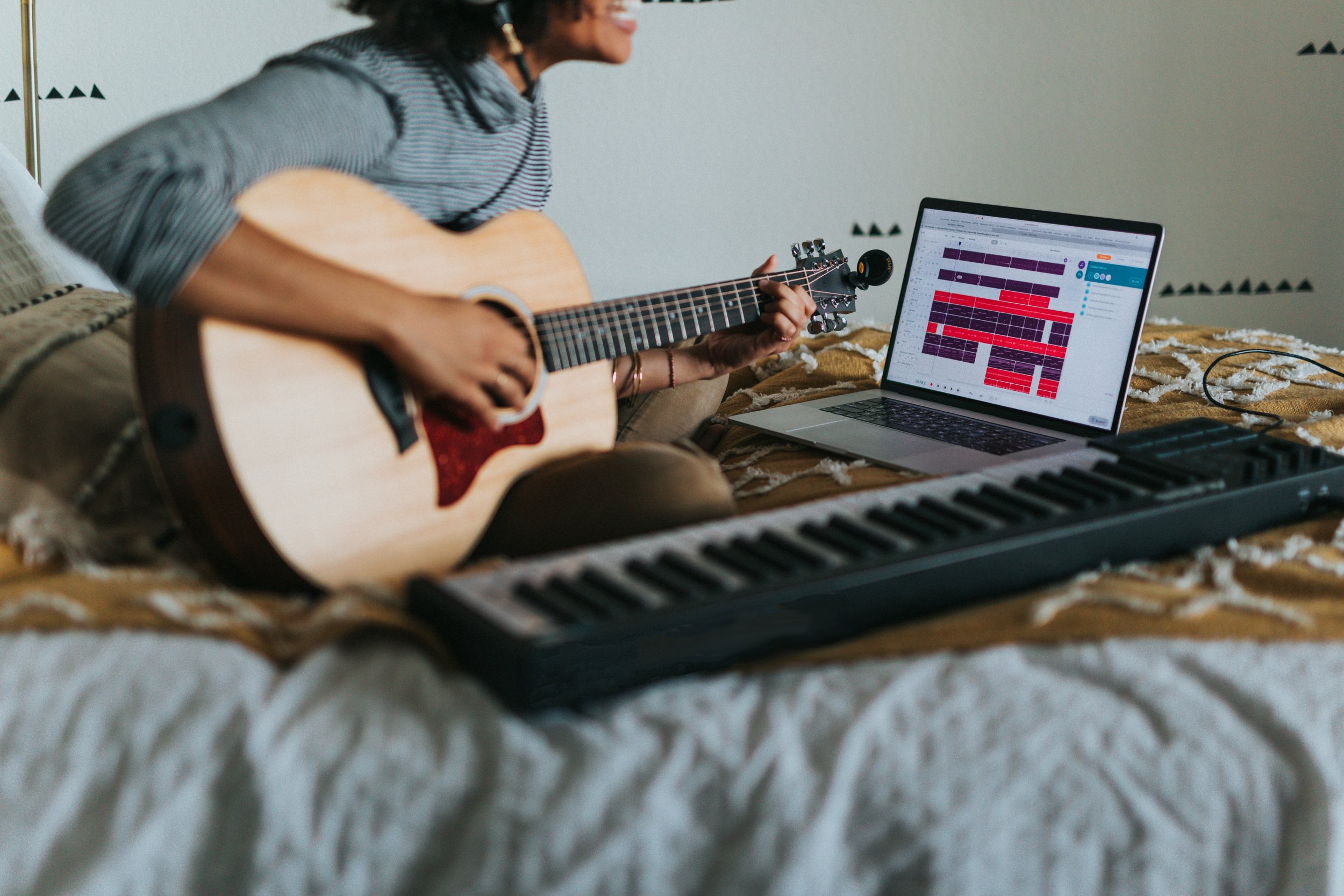Time After Time: A Journey Through South Australia’s Rich Music History
Dust off your history books – we’re on a journey through South Australia’s rich music history! We’ll be stopping at major milestones along the way, doing a sound-check on the gigs, the venues and the artists that make us one of Australia’s most dynamic and diverse cities of music
Image by Samuel Graves
65,000 years Ago
Aboriginal and Torres Strait Islander songlines, music and instruments shape how First Nations people understand the world, intersecting with culture, celebrations and tradition. For more than 65,000 years, music has been used every day to tell stories of creation and Dreaming and remains a major influence on today’s Aboriginal artists.
1839
Three years after South Australia was formed, the Launceston Hotel opens on Waymouth Street. In 1998, a music stage is added and the venue becomes The Grace Emily Hotel. Many musicians have played at the Grace including Paul Kelly and members of Cold Chisel. It continues as a stage where local bands aspire to play.
1866
The Adelaide Town Hall opens in the CBD. It costs 35 shillings for a double ticket to the opening event which is attended by 800 people on June 22, 1866. Four days later, the hall entertains 1,500 guests for an evening of classical music, featuring compositions by Matthew Locke and a Balfe opera.
1883
The Elder Conservatorium of Music opens – the first tertiary music institution of its kind in Australia. Today, it’s regarded as one of the leading music institutions in the country.
Elder Hall. Image via adelaide.edu.au
1918
Pianist and composer Dr. Ruby Davy is the first woman in Australia to receive a Doctorate of Music. She goes on to become a fellow at the prestigious Trinity College of Music, London, in 1921.
1934
Robert Stigwood is born in Port Pirie. By the 1970s, he is a music industry icon, managing the likes of the Bee Gees and Eric Clapton and producing blockbuster hits like Grease and Saturday Night Fever.
1936
The Adelaide Symphony Orchestra establishes itself. Today, it’s South Australia’s largest performing arts organisation, hosting concerts year-round.
1957
Six-piece outfit The Penny Rockets form. Emerging from Australia’s big band era, the former jazz musos are widely regarded as Adelaide’s first rock ‘n’ roll band, fronted by ‘Adelaide Elvis’, Brian ‘Penny’ Penglase. They go on to perform with the likes of Cliff Richards, Little Pattie, and Bill Haley.
1960
Both the Adelaide Fringe and the Adelaide Festival launch their inaugural events. Today, Mad March is a time when the state celebrates arts, culture and music with internationally acclaimed and emerging performers.
Image supplied
1964
Beatlemania sweeps through the CBD when The Beatles visit Adelaide for their one and only Australian tour. Adelaide isn’t a part of The Beatles touring schedule but 5AD radio host Bob Francis lobbies for them to perform here and more than 12,000 tickets are sold in five hours. An estimated 300,000 fans crowd outside Town Hall to see the Fab Four.
1971
The Australian Festival of Progressive Music takes place in Myponga, headlined by Black Sabbath. Described as South Australia's mini-Woodstock, the festival celebrates freedom of expression in the arts. Other big- name bands include Fraternity – fronted by Bon Scott – Daddy Cool, Billy Thorpe & The Aztecs, and local band War Machine.
1972
Australia’s first community radio station, 5UV, begins broadcasting on June 28, 1972, from the University of Adelaide Hughes Plaza (Hub Central). The station still runs 50 years later and is now known as Radio Adelaide. The Centre for Aboriginal Studies in Music (CASM) also opens at the University of Adelaide and remains Australia's first and only Indigenous tertiary music program.
1980
Pub and prog rock is at its peak in South Australia. Cold Chisel release their seminal East album; The Angels ‘Am I Ever Gonna To See Your Face Again’ is an anthem; Masters Apprentices is a household name; and First Nations rock reggae band, No Fixed Address, is on the rise.
1986
Paul Kelly and The Messengers become a household name with the release of their double-sided album, Gossip. Featuring tracks like ‘Before Too Long’ and ‘Darling It Hurts’, the 24-track record also helps launch Kelly and the band’s international career when they tour the US the following year.
1992
The first WOMADelaide Festival takes place in Botanic Park/Tainmuntilla as a joint initiative between the Adelaide Festival and UK-based WOMAD. Originally a biennial event, WOMADelaide hosts some of the world’s most diverse and acclaimed artists across the March long weekend. The inaugural festival features Crowded House, Archie Roach and Paul Kelly.
1997
Music SA, then known as AusMusicSA, opens. The not-for-profit aims to promote contemporary music while helping South Australians develop their music industry careers. Today, it hosts workshops, professional development services and events like Umbrella Festival.
2006
SA’s youth-focused creative industries and music centre, Northern Sound System (NSS), opens in Adelaide’s northern suburbs. NSS nurtures up-and-coming musos through workshops, performance opportunities and artist development programs. NSS alumni include TKAY Maidza, George Alice and TOWNS.
Hilltop Hoods receive their first ARIA number one album for The Hard Road. It’s the first ever Australian hip hop record to claim the top spot. The three-piece from Blackwood put the Australian hip hop genre on the map, with more than 60 platinum accreditations to their name.
2014
The Music Development Office (MDO) opens its doors. Dedicated to supporting the growth of live and contemporary music in South Australia, the MDO changes how state governments across Australia value and support the music industry.
2015
Adelaide is designated Australia’s first and only UNESCO City of Music. Having produced some of the country’s biggest stars (think Cold Chisel, The Masters Apprentices, Paul Kelly) and fostered leading festivals institutions and venues, Adelaide is globally recognised as a hotspot for music and arts.
Charlton Howard starts his first rap career under the name FC6 in Adelaide. Today, he’s better known as The Kid LAROI, whose hit track ‘Stay’, featuring Justin Bieber, has grossed more than 2.5 billion streams globally.
2020
Sia joins ‘The 1,000,000,000 List’. The exclusive APRA AMCOS club is for artists who surpass one billion streams across platforms like Spotify, Apple Music and YouTube. To date, Sia is the most prolific artist on the list, with 15 songs to her name, including ‘Chandelier’ and tracks she wrote for other artists, including Rhianna’s ‘Diamonds’ and David Guetta’s ‘Titanium’.
2023
Dem Mob announce they’re performing at one of Europe’s leading music festivals, Primavera Sound. The APY Land hip hop group are the first to record in Pitjantjatjara and are one of only 50 acts hand-selected from across the globe. The collective share the line-up with international heavyweight acts like Diplo, Pet Shop Boys and Kendrick Lamar.
